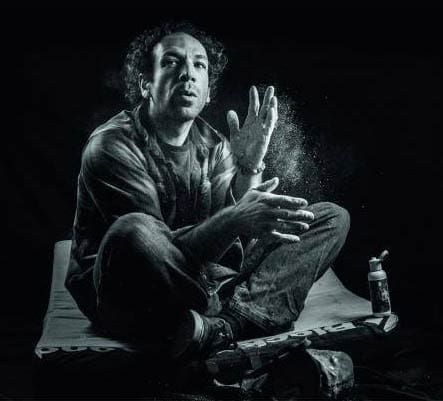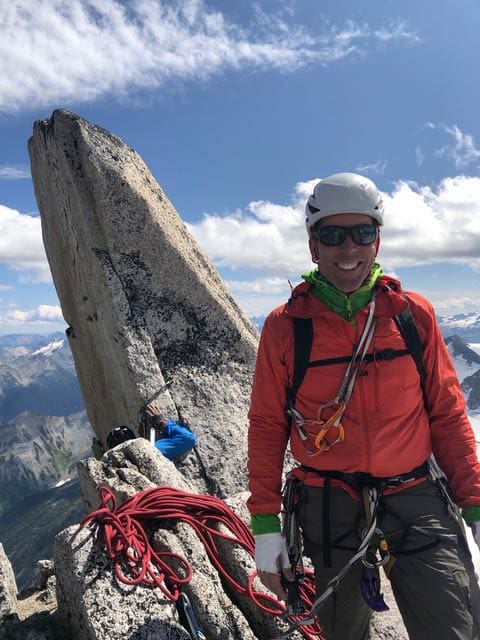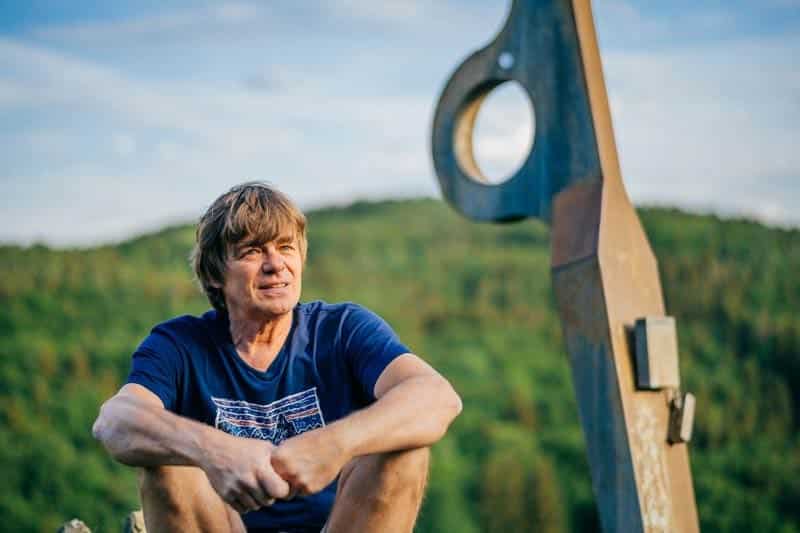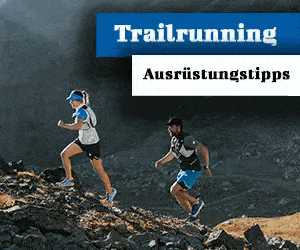As part of the debate about the route action directe by Swedish professional climber Said Belhaj, voices were raised that demanded video evidence for climbing professionals. We asked various brands and professionals for their opinion.
At the beginning of December 2019, the German Hannes Huch expressed great doubts in a blog post about the ascent of the route Action Directe by the Swedish professional climber Said Belhaj. In the same article he writes: Hannes: “We have reached a point where we have to seriously discuss the subject of video evidence.” The two climbing professionals also came forward to discuss the (non-) inspection of Action Directe by Said Belhaj Daniel Woods and Carlo Traversi to speak. Both are of the opinion that professionals should prove special inspections. Daniel Woods even says: "Uncut or invalid".
EXCURS
After Hannes Huch published the allegations, LACRUX spoke to Said Belhaj and published an exclusive statement. You can find all articles on the topic at the following link.
That's what the brands and professionals say
Climbing has changed a lot in the past decades. In the current year, the sport will even become Olympic. There are more and more climbers who are financially supported by brands like Black Diamond, Patagonia, Petzl The sport has become more professional. After the debate about Said Belhaj, LACRUX has started to capture other voices from the climbing community that are commenting on the subject of video evidence. Fred Nicole, Adam Ondra, Black Diamond and Patagonia were interviewed and their opinions on the topic are published here as interviews or statements.
Boulder legend Fred Nicole

Do you think that professional climbers should document important ascents using video? Why yes, why no?
I still belong to the generation that started climbing when it was still called “free climbing”, not sport climbing. As the name suggests, the word "freedom" is one of them. It is a space where you can develop and express yourself. For some it seems normal to film yourself all the time, for others less so. One should respect both.
Where do you see problems and obstacles when recording important ascents?
As I said, if you want to do it, you can do it for sure. I don't see any problem there. But you shouldn't force everyone to do it.
Would the implementation of the video evidence steal the magic of climbing and being together in the outdoors?
Maybe that's common in the current generation. I would not feel comfortable recording every attempt. It's just not natural for me. I never filmed myself or took a selfie, it's not part of my culture.
Any other thoughts on video evidence?
I would really find it a shame if climbing and bouldering in nature would need judges and referees in the future. For me it would reduce the wealth of climbing and bouldering to a sports activity. Maybe it's naive on my part, but I hope most climbers climb primarily for themselves.
Black Diamond Equipment

No. We don't ask for uncut videos or anything like that as evidence. Climbing is based on honesty and integrity - period. It's that simple. Climbing is - globally - an insignificant activity. Those who lack honesty and integrity have nothing. Everyone can decide for themselves what he or she thinks is “necessary” to prove an inspection. But at Black Diamond we do not place any conditions on our athletes with regard to the proof of their ascents.
We celebrate being a good, honest human more than we do accomplishments. Accomplishments are fleeting and futile, being a good person is everlasting and noble.
His colleague Tyler Willcut adds
Climbing professional Adam Ondra

Do you think that professional climbers should document important ascents on video? Why yes, why no?
Basically, I don't think it is necessary to make a video as evidence of an ascent. However, if you frequently climb in areas where there are few people if you do important ascents, then it certainly makes sense to make a video from time to time. Nowadays it is technically easy to record a video. Especially when bouldering or doing sport climbing routes.
Where do you see problems and obstacles when recording important ascents?
Recording a multi-pitch route is of course quite a complex thing. But in the case of boulder problems or short sport climbing routes, I see no difficulties. Especially if it is one of the most important ascent of your career, it is better to record the ascent on video than not to do so.
Would the implementation of the video evidence steal the magic of climbing and being together in the outdoors?
Certainly not with bouldering and short sport climbing routes. You mount the smartphone on a tripod and the video installation is ready. That doesn't destroy the magic of climbing in my opinion. In the case of multi-pitch or big wall tours, the situation is different. Film recordings have a huge impact and can ruin the “magic of the inspection”.
Patagonia - Sponsor of Said Belhaj

Do you ask professional climbers to proof their ascents in some way? Why/Why not?
Actually, climbing for us means to be outdoors - to be free and without any constraints! That means we trust the statements of our ambassadors and friends.
Did you start thinking about demanding proof from you athletes since the story of Said Belhaj?
We will not ask any video evidence from our athletes in the future either. And we still hope that everything will turn out well for Said. Many of his buddies confirm that he can climb 9a - and has already climbed (statements from very trustworthy top climbers).
Would the implementation of the video evidence steal the magic of climbing and being together in the outdoors?
Yes. As I said, for us climbing means being free - detached from constraints.
Where would you set the limit (difficulty level or similar) when requesting video evidence?
A video recording or film of a route at your personal limit would of course absolutely not cause any speculation from any envious or critic. But I wouldn't consider it mandatory.
That might interest you
+ + +
Credits: Cover picture Pavel Blazek



